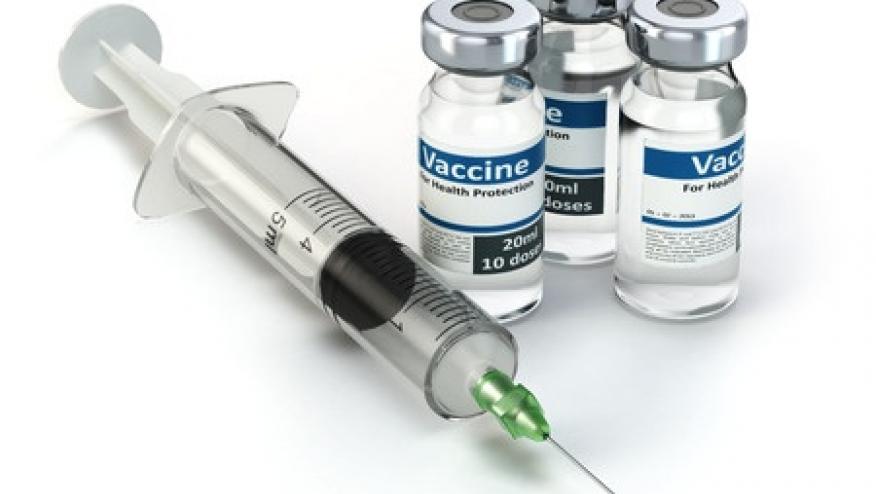Canadian Vaccination Guidelines for the Immunosuppressed Save

A multidisciplinary Canadian task force has developed guidelines for vaccination in patients receiving immunosuppressive therapies, based on the evidence that immunosuppressive use in immune-mediated disease may be associated with an elevated risk of infections.
Canadian physicians with expertise in dermatology, gastroenterology, infectious diseases, and rheumatology developed evidence-based clinical guidelines on vaccinations featuring 13 statements aimed at reducing the risk of preventable infections in those exposed to immunosuppressive and immunomodulatory agents.
These guidelines include:
- In patients newly diagnosed with immune-mediated diseases, we recommend that immunization status be assessed, and age- and evidence condition-appropriate vaccines be administered prior to initiation of immunosuppressive treatment.
- To optimize the immunogenicity of inactivated vaccines in treatment-naive patients with immune-mediated conditions, we suggest that evidence immunization be performed at least 2 weeks prior to initiation of immunosuppressive therapy, whenever possible.
- Among patients with immune-mediated diseases currently receiving immunosuppression, we recommend that immunosuppressive treatment evidence not be interrupted for administration of inactivated vaccines.
- In patients with immune-mediated diseases treated with RTX who require optimal vaccine immunogenicity, we recommend that immunization be deferred to ≥ 5 mos after the last dose and at least 4 weeks prior to the subsequent dose of RTX.
- To optimize the immunogenicity of the live attenuated herpes zoster vaccine in treatment-naive patients with immune-mediated conditions, evidence we suggest immunization be performed at least 2–4 weeks prior to initiation of immunosuppressive therapy.
- In patients with immune-mediated diseases receiving immunosuppressive agents, the live attenuated herpes zoster vaccine can be safely administered evidence to patients at risk, but the subunit vaccine is the preferred alternative. Individual situations should be assessed for patients treated with a combination of immunosuppressive drugs, if the live vaccine is being considered.
- In treatment-naive patients with immune-mediated diseases who are vaccinated with live attenuated vaccines, we recommend that the duration evidence of viremia following immunization be considered when determining the optimal time to initiate immunosuppressive therapy.
- In patients with immune-mediated diseases who interrupt immunosuppressive treatment prior to vaccination, we recommend that evidence the duration of viremia following immunization be considered when determining the optimal time to re-initiate immunosuppressive therapy.
- In patients with immune-mediated diseases receiving immunosuppressive agents, we suggest that live attenuated vaccines be administered when evidence individual benefits outweigh the perceived risks.
- In situations where patient safety is a paramount concern and the clinical situation allows, we suggest that imunosuppressive treatment be evidence interrupted for a duration based on drug pharmacokinetics prior to immunization with live vaccines.
- In infants exposed to immunosuppressive agents in utero during the third trimester, we recommend that inactivated vaccines be administered evidence according to the local immunization schedule.
- In infants exposed to immunosuppressive agents in utero during the third trimester, we recommend that the MMR and varicella vaccines be administered according to the local immunization schedule.
- In infants breast-fed by mothers receiving immunosuppressive regimens, we recommend that inactivated and live attenuated vaccines be administered according to the local immunization schedule without delay.










If you are a health practitioner, you may Login/Register to comment.
Due to the nature of these comment forums, only health practitioners are allowed to comment at this time.